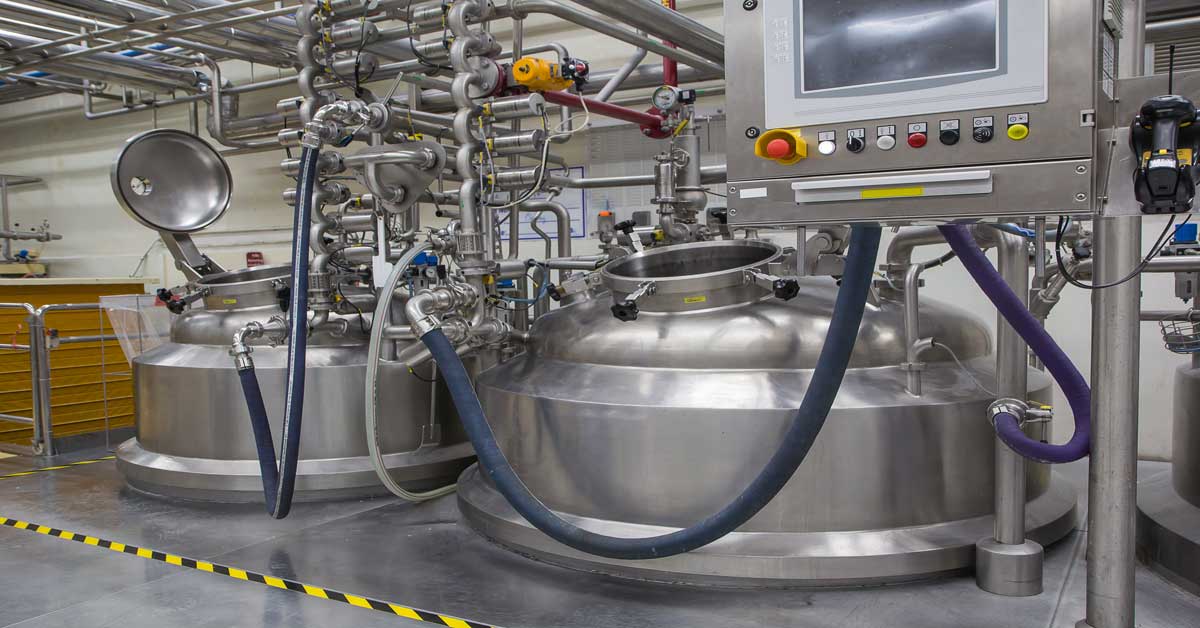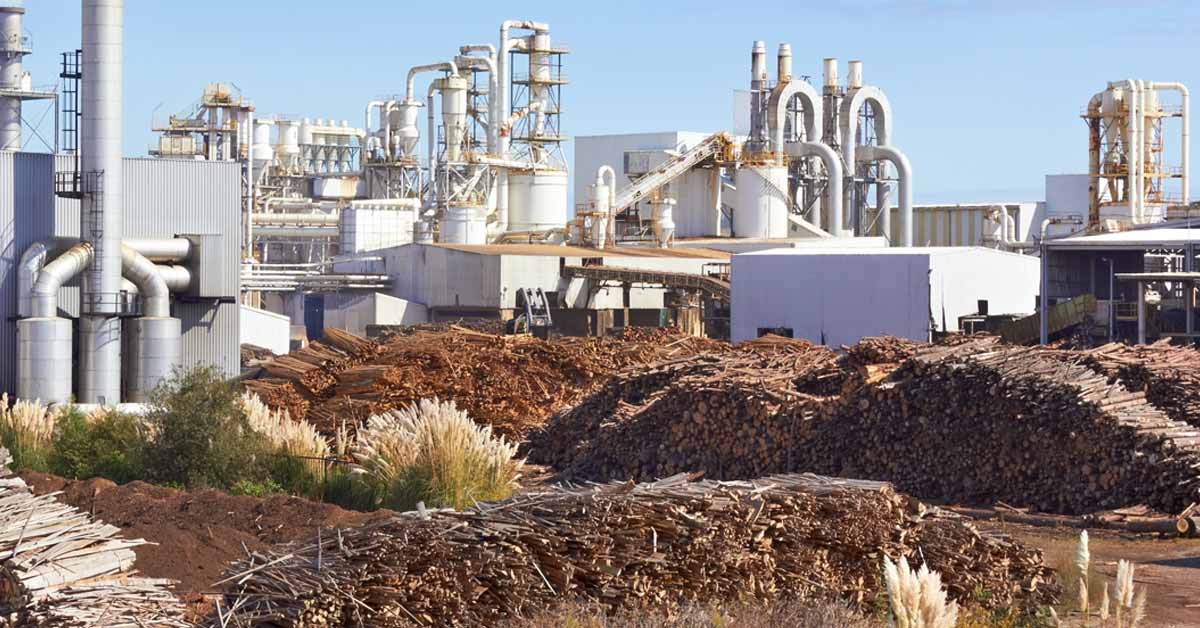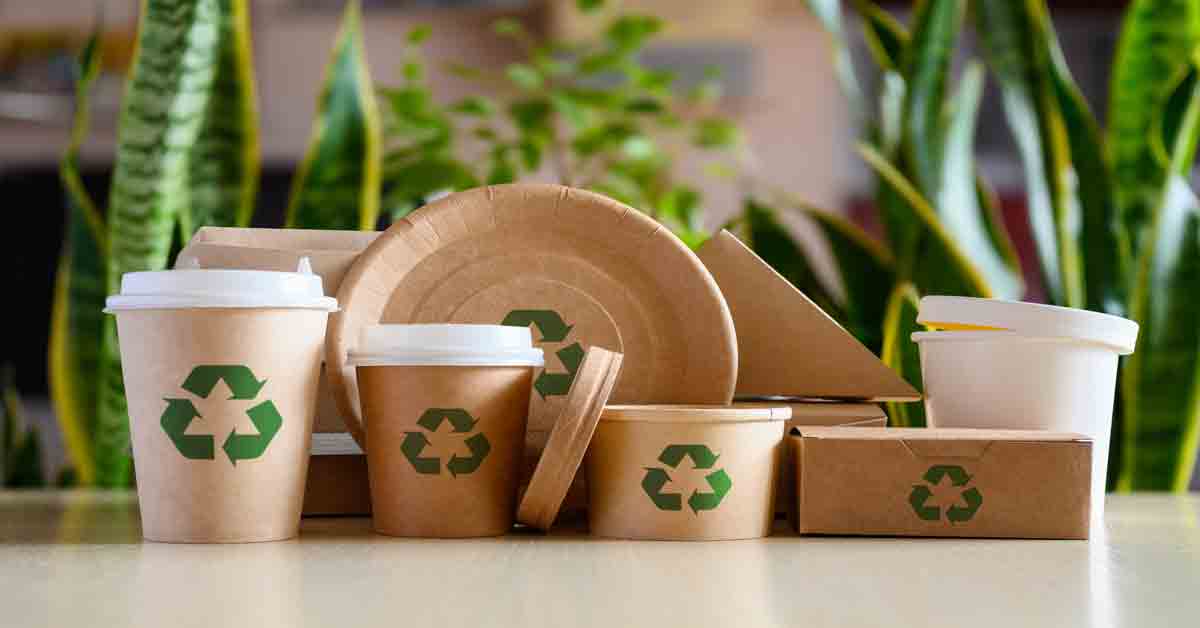The push for a more sustainable planet continued in June as both HP and Amazon announced major initiatives to cut down on the use of single-use plastics in their packaging efforts in favor of paper products.
On June 29, Amazon India announced it had eliminated all single-use plastic in its packaging across fulfillment centers in the country, fulfilling a promises made in September 2019. “Air pillows” and bubble wrap have been entirely replaced by “paper cushions,” while packaging tapes have been replaced with bio-degradable options.
“We will continue to invest in innovative and sustainable packaging solutions to minimize our dependency on plastic while continuing to protect customer orders,” Akhil Saxena, Amazon India's VP of Customer Fulfillment, said in a statement earlier this year when discussing the plan to eliminate single-use plastic packing. “Sustainability is integral for us because it ensures a triple win – it is good for our planet, good for our customers and community, and good for the business.”
India has long been one of the most polluted countries in the world. Twenty-one of the world's 30 cities with the worst air pollution are in India, according to the 2019 World Air Quality Report. And according to a 2015 study published in Science Magazine, India is one of the world’s top offenders when it comes to mismanaged plastic waste.
It’s unclear if Amazon plans to make similar moves in other countries, but it recently announced its $2 billion Climate Pledge Fund with the aim to be net zero carbon by 2040. The tech giant is also a member of the Sustainable Packaging Coalition, which, according to its website, is the “leading voice on sustainable packaging with a membership that encompasses the entire supply chain.”
Elsewhere, HP (Hewlett-Packard) released its 2019 Sustainable Impact Report on June 24, which said the company will eliminate 75% of single-use plastic packaging by 2025. The bulk of the plastics to be replaced will come from HP’s hardware unit packing that has historically relied on plastic foam cushions, plastic ties, and plastic document bags.
HP eliminated plastic ties and document bags in 2019, which it said reduced plastic packaging by 5%. Replacing plastic foam cushions with 100% recyclable molded pulp to protect laptops, desktops, and other displays is the next step in HP’s process.
HP has experience in the zero-plastics packaging space after introducing its Tango Terra printer in 2019. Packing for the printer includes a combination of molded fiber cushions and glassine paper to replace the plastic foam and bag.
Additional Sustainability Headlines:
Two Sides North America Launches Campaign To Raise Awareness Of Print, Paper And Paper-based Packaging
Two Sides North America has launched Love Paper, a new campaign designed to raise consumer awareness of the unique and inherently sustainable characteristics of print, paper and paper-based packaging. The consumer-friendly website, lovepaperna.org, gives information about how print and paper products contribute to a sustainable future for all. A key element of the Love Paper campaign is a series of print ads that promote the sustainability of print and paper. Two Sides North America is a non-profit organization that promotes the sustainability of the graphic communications and paper-based packaging.
Survey Finds Sustainability Driving R&D, New Product Development
A new survey, the Sustainability and Profitability Survey, revealed sustainability is driving all research & development and new product development in more than a third of all companies. The survey, which was conducted by Smurfit Kappa, suggests eight in 10 businesses view sustainability as a long-term investment rather than a cost, with consumers continuing to drive organizations’ attitudes towards sustainable practices. It also found 37% of consumers rate packaging design as important when making a purchasing decision.









